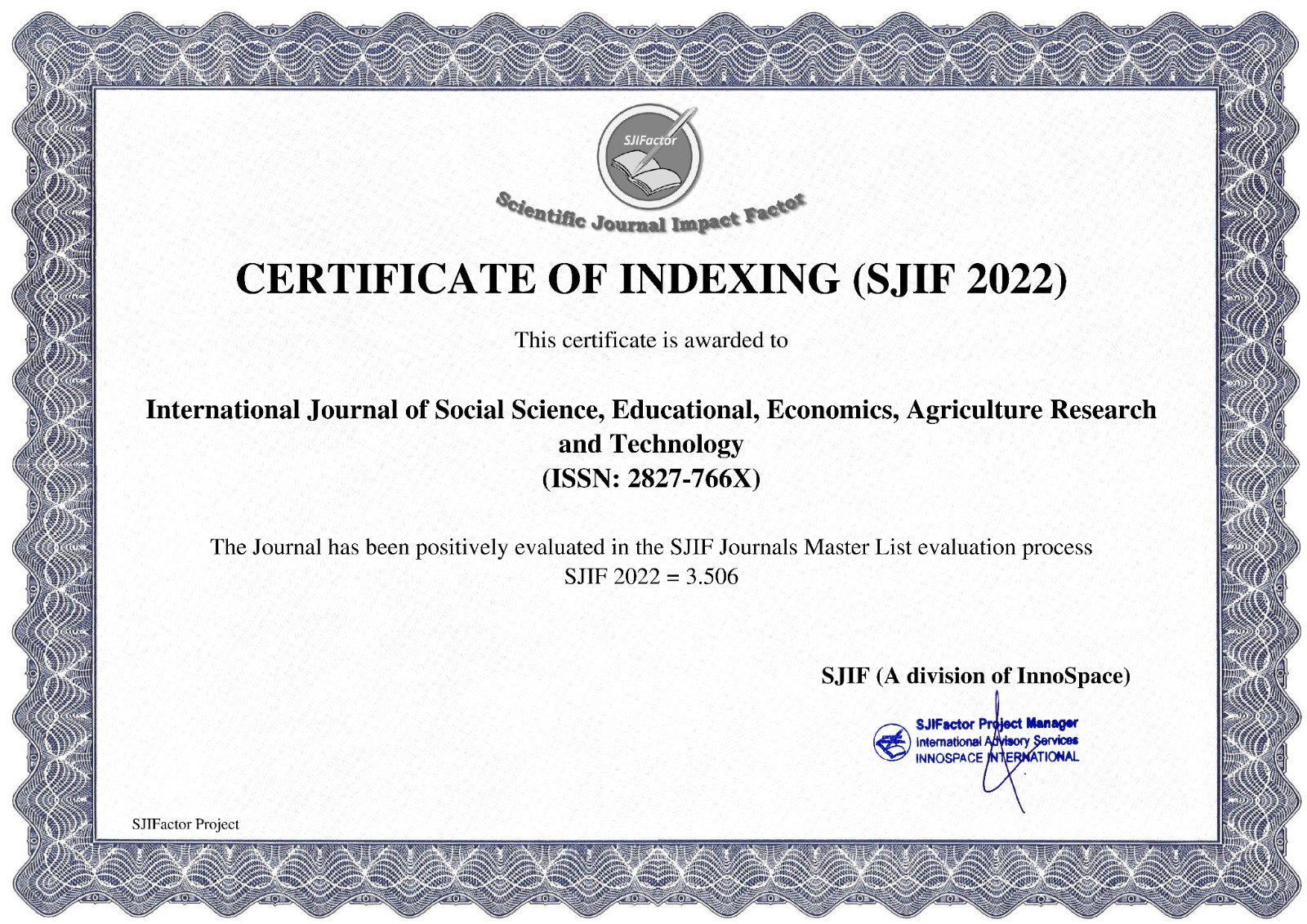DIGITALIZATION AND THE DILEMMA OF IMPLEMENTING SAK EMKM: A PHENOMENOLOGICAL STUDY OF COGNITIVE AND SOCIO-TECHNICAL BARRIERS IN MULTISECTOR MSMES IN SERANG CITY
Main Article Content
Faishal Rachman Wahid
Masiyah Kholmi
This qualitative phenomenological study examines the implementation of the Financial Accounting Standards for Micro, Small, and Medium Entities (SAK EMKM) in eight multi-sector MSMEs in Serang City. Through in-depth interviews, participant observation, and document analysis during March-August 2024, it was found that cognitive barriers (misinterpretation of accounting terminology, perceived administrative burden) were the dominant factors hindering the adoption of SAK EMKM. Technical barriers were sector-specific: culinary businesses faced inaccurate recording of daily cash transactions, while photography services businesses experienced difficulties classifying retainer income. This study proposes a "Socio-Cognitive Implementation Barrier" model as an extension of the Technology-Organization-Environment (TOE) framework and recommends an "ESSENTIAL ACCOUNT" program based on the real needs of business actors. The findings contribute to the literature on behavioral accounting and the digital transformation of MSMEs in peri-urban areas of developing countries.
Ayyagari, M., Beck, T., & Demirguc-Kunt, A. (2007). Small and medium enterprises across the globe. Small Business Economics, 29(4), 415–434. https://doi.org/10.1007/s11187-006-9002-5
Central Statistics Agency (BPS) of Serang City. (2023). Gross Regional Domestic Product of Serang City at Current Prices by Business Sector, 2021-2023. BPS of Serang City.
Creswell, J. W., & Poth, C. N. (2018). Qualitative inquiry & research design: Choosing among five approaches (4th ed.). Sage publications.
DiMaggio, P. J., & Powell, W. W. (1983). The iron cage revisited: Institutional isomorphism and collective rationality in organizational fields. American Sociological Review, 48(2), 147–160. https://doi.org/10.2307/2095101
Laughlin, R. (1995). Empirical research in accounting: The case for methodology-in-action. Accounting, Auditing & Accountability Journal, 8(1), 63–87. https://doi.org/10.1108/09513579510084518
Muzakki, F. (2018). Accounting and behavior: Local cultural perspectives in MSME decision-making. Indonesian Journal of Accounting and Auditing (JAAI), 22(1), 1–15. https://doi.org/10.20885/jaai.vol22.iss1.art1
Norman, D. A. (2013). The design of everyday things: Revised and expanded edition. Basic Books.
Nugroho, A., Suryanto, T., & Wulandari, S. (2022). Analysis of factors influencing the adoption rate of EMKM SAK in MSMEs. Multiparadigma Accounting Journal, 13(1), 89–104. https://doi.org/10.21776/ub.jamal.2022.13.1.06
Financial Services Authority (OJK) Serang. (2023). Annual Report on Financial Services Sector Performance and MSME Credit Access in the Serang Region. Financial Services Authority.
Putri, AR, & Setiawan, D. (2021). Implementation of SAK EMKM and its impact on the financial performance of MSMEs in the manufacturing sector in Bandung. Accountability: Journal of Accounting Science, 14(2), 201–218. https://doi.org/10.15408/akt.v14i2.20450
Sari, DP, & Hidayat, T. (2020). The influence of financial literacy, business scale, and accounting training on the implementation of SAK for MSMEs. Journal of Accounting and Financial Research, 8(3), 569–586. https://doi.org/10.17509/jrak.v8i3.26498
Suryanto, T. (2021). Readiness and obstacles to implementing SAK EMKM: A study of MSMEs in peri-urban areas. Journal of Economics and Business, 24(2), 112–128. https://doi.org/10.24914/jeb.v24i2.4501
Thaler, R. H. (1999). Mental accounting matters. Journal of Behavioral Decision Making, 12(3), 183–206. https://doi.org/10.1002/(SICI)1099-0771(199909)12:3<183::AID-BDM318>3.0.CO;2-F
Tornatzky, L. G., & Fleischer, M. (1990). The processes of technological innovation. Lexington books.
Wahyuni, S. (2019, August 28-30). The struggle of digital transformation in Indonesian SMEs: A socio-technical perspective [Paper presentation]. 20th International Conference on Information Systems Development, Jakarta, Indonesia.






















